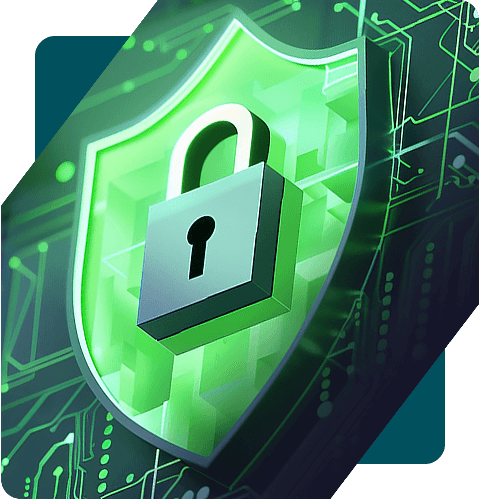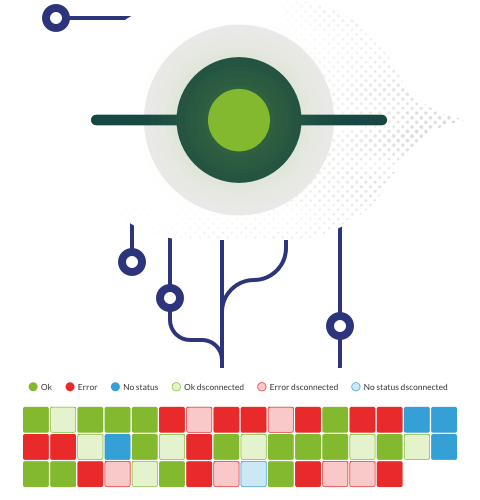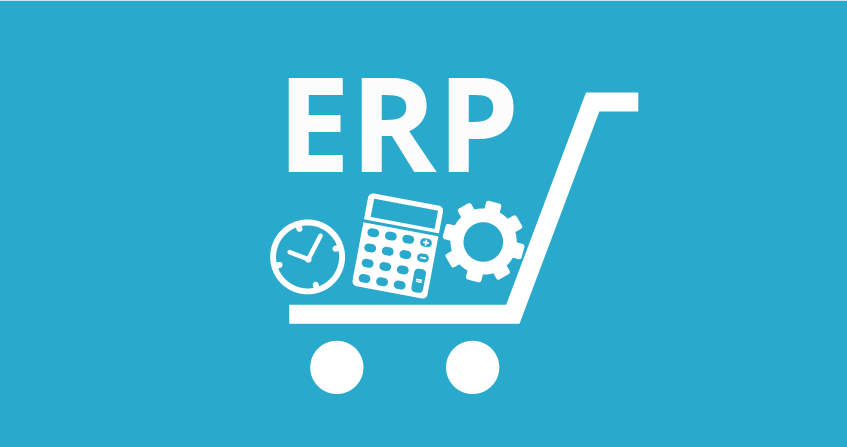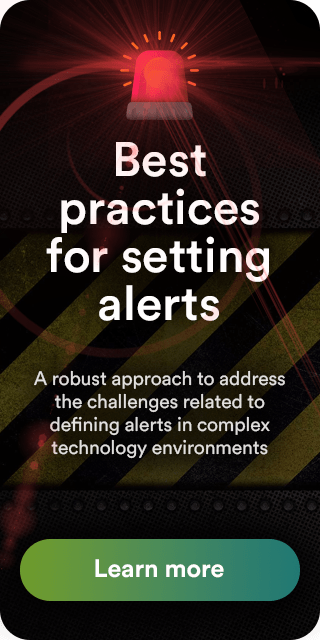ERP, CRM, UN, EU… the world is full of acronyms. And behind each one of them, there is always a question: what on earth does it mean?
As you probably know by now, the purpose of our Pandora RC blog is to disseminate all the knowledge of the Universe—or at least the information related with our favorite field: computing. In our quest to enlighten our readers with our infinite knowledge, we also undertake the task of clearing up some acronyms that make most people go nuts when trying to guess what they are. Today’s the turn of ERP. So, here we go!
What is ERP?
ERP stands for Enterprise Resource Planning, which corresponds to a specific type of software that helps manage the core areas of a business, such as production, sales, marketing, finance, human resources, etc.
Most ERPs (or at least the best ones) contain a set of basic modules normally used to manage and organize the company’s activity. They are also intended to help users obtain a global vision as well as help them aquire knowledge of more specific aspects of a business. Among these different modules, we can usually find the following:
–Human Resources: this software collects data, such as the available staff, vacancies, holidays, etc.
–Finance: it also gathers finance data on the company, such as balances, debt, financial statements, etc.
–Supply chain: collected data about materials, production status, etc.
–Inventory: compilation of data related to inventory items, supplies, etc.
However, you should bear in mind that many ERPs will also include multiple additional modules, given the large spectrum of a company’s activity. For example, some of them have a CRM to help manage relations with customers, or have specific modules for sales, logistics, suppliers, etc. In addition to all these modules, you should also know that some ERPs offer the possibility of adding extra modules depending on the specific needs of each company.
What is an ERP used for?
Now that you know what an ERP is, you have probably guessed that this type of software can be used for many different purposes if you work in a company, depending on the activity of said company and the role of the user who handles the software.
However, we don’t want to go into exhaustive descriptions, so we’ll simply present some of the usual benefits that an ERP can provide to a company that knows how to take advantage of it:
1. Improvement in business strategy
When you have a tool that allows the possibility of displaying a global vision of a company, it is easier to establish strategies for the medium and long term.
2. Better decision making
By having access to key information, the decision making process is carried out in a more informed way, which helps us make better choices for our business.
3. More control
in many aspects, control is key for a company. By having access to the information provided by an ERP, it is easier for entrepreneurs and managers to execute this control and detect or prevent possible failures and shortcomings.
4. It improves internal communication
It is not uncommon for departments within a company to function as isolated entities. ERP helps members of different departments (with access permissions) to better understand some aspects of the activities carried out by other departments. This way, employees understand how the company works and communication is improved.
5. Increase in productivity
If all the previous benefits are applied and ERP is used correctly, productivity and general performance are improved in the company.
Nowadays, a growing number of companies use ERP to improve management. Similarly, there are also more and more companies and users that have decided to take on other IT tools to make their lives a little bit easier. Now that we’ve seen what ERPs are and how they can help a company, why don’t you get to know Pandora RC?
What is Pandora RC?
Don’t get us wrong! Pandora RC is not an ERP. It is simply another IT tool that can help companies and users.
As mentioned above, over the last few decades, computing has been dedicated to provide multiple tools designed to make our lives simpler, including remote desktop systems.
Pandora RC is a remote management system for IT equipments (remote desktop software), that can be very useful to carry out various tasks. For example, with Pandora RC you can connect to your office computer from home.
But that’s not all. Pandora RC can be very useful if you work in computer maintenance or if you would like to establish teleworking in your company. It is also a great solution if you need to solve issues on a friend’s or family member’s computer who doesn’t know anything about technology.
Would you like to know everything Pandora RC can do for you? That’s a great idea! Find out more about this amazing software here: https://pandorafms.com/en/remote-control/
You can also send us any questions you might have about Pandora RC. Simply fill in the contact form available in the following link:
https://pandorafms.com/en/contact/
The amazing Pandora RC team will be delighted to answer all your queries!
Pandora FMS’s editorial team is made up of a group of writers and IT professionals with one thing in common: their passion for computer system monitoring. Pandora FMS’s editorial team is made up of a group of writers and IT professionals with one thing in common: their passion for computer system monitoring.

















